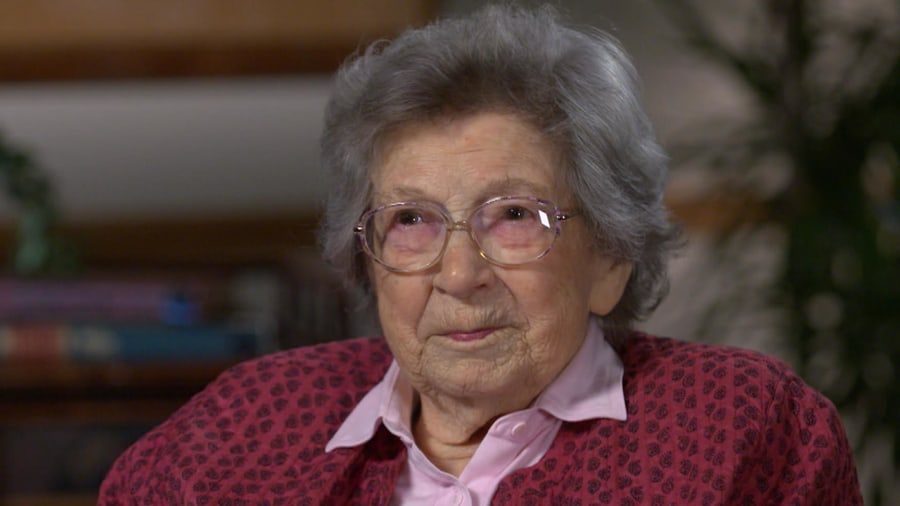
Like Ramona the Pest, I'm not perfect. Which is why I am about a month late in sending "Happy 100th Birthday!" greetings to Beverly Cleary, the woman who gave us Henry Huggins, Ramona, Beezus, "The Mouse and the Motorcycle" (my God, how I loved that book), and three generations' worth of joy.
As you might guess, Cleary grew up with scads of freedom and chores, since she lived on a farm in rural Oregon. She also didn't read till third grade.
Got that? Did not read till third grade.
She loved stories — her mother read aloud each night to her father and her (no one had TVs!). But words on a page didn't mean much until she picked up a book in grade three to look at the pictures and found, to her astonishment, that she wasn't just looking, she was reading! As she has said many times, that day changed her life.
Ours, too.
When asked about her inspiration for Ramona, the famous "pest" in her books, she talked about seeing a little girl in her neighborhood when she was trying to come up with a new character. "I have a vivid memory of her coming home from the grocery store — in those days children could be sent to the store — and she had a pound of butter that was open and she was just eating the pound of butter, and somehow that little girl became Ramona."
Remember that when Clearly introduced Ramona, the girl was about to start kindergarten. It was not out-of-this-world bizarre to write about a child of 4 or 5 running an errand on her own.
Nowadays, Clearly said in a recent interview, "I think children today have a tough time because they don't have the freedom to run around as I did — and they have so many scheduled activities."
She believes this is because when she was growing up "mothers did not work outside the home; they worked on the inside. And because all the mothers were home — 99 percent of them, anyway — all mothers kept their eyes on all the children."
But I am not positive that that is really the root, or at least the sole root, of the problem.
Moms back then, or even in my childhood, may have been home, but they were not keeping their eyes on their kids as they played in the woods, or zoomed around town on their bikes. The kids were outside, on their own.
And even if today's moms work, many are not at work on the weekends or summer evenings before it gets dark, and yet kids are still not outside at those times. What's more, there are plenty of moms like me who work at home, where we can look out the window at any moment. (I'm doing it now!)
Contending that working moms are the reason kids are more constrained ignores a lot of other factors keeping kids inside, from outsized stranger-danger fears, to the belief that kids learn best when they are in structured activities, to the lure of electronics, to the modern-day conviction that any unsupervised child is automatically in danger of bullying, accidents, kidnapping or death.
These were not the heavy fears haunting Cleary's household, or any of the households she wrote about.
And perhaps that is why, even today, kids keep reading them.
Comment by clicking here.



 Contact The Editor
Contact The Editor
 Articles By This Author
Articles By This Author